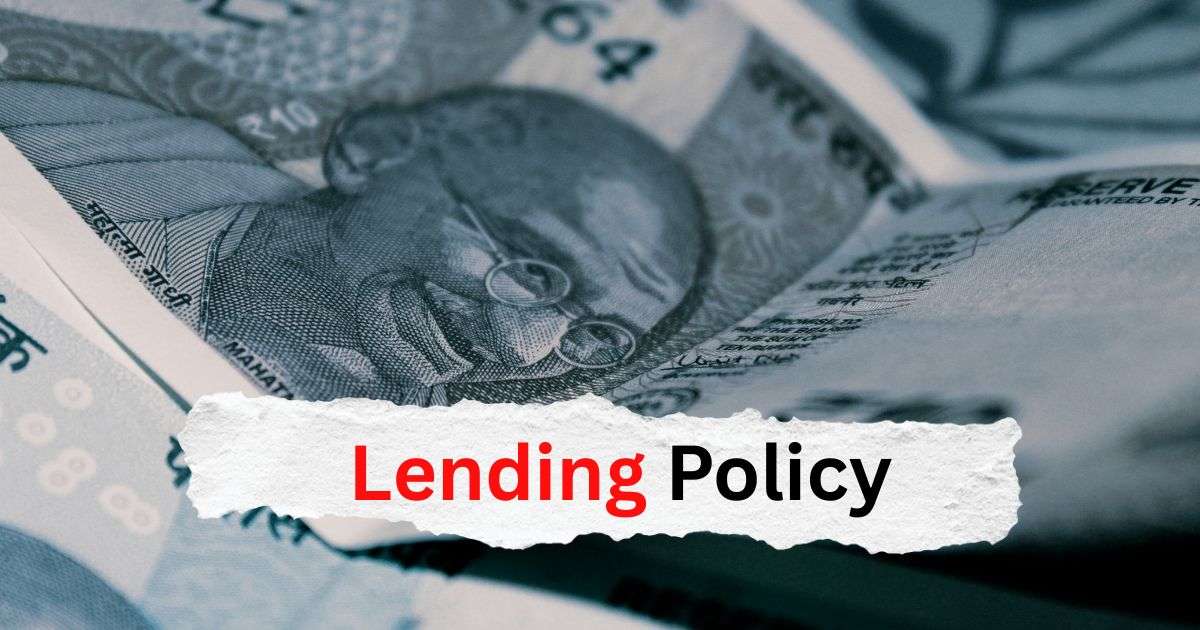Debt Resolution · 7 min read
Discover Essential Legal Safeguards for Loan Borrowers
Understanding borrower rights is crucial in navigating loans. From interest rate regulations to legal protections, ensure transparency and fairness while safeguarding against unfair lending practices and harassment.

Interest Rate Regulation
In India, loan borrowers are safeguarded by interest rate rules designed to ensure fairness and transparency. The Reserve Bank of India (RBI) plays a critical role in developing rules to protect borrowers’ interests. The RBI created the Marginal Cost of Funds Based Lending Rate (MCLR) framework, which is a major measure. This system requires banks not to lend at rates lower than the MCLR, creating a fair and transparent benchmark for interest rates.
However, the RBI sets standards for the maximum spread over the MCLR that banks can charge for various types of loans. This helps to avoid exorbitant interest rates and maintains consistency in lending processes.
Furthermore, the RBI has undertaken efforts like as the External Benchmark-Based Lending Rate (EBR/EBLR) system, which links loan interest rates to external benchmarks. This guarantees that changes in interest rates are more effectively communicated to borrowers, increasing transparency and aligning loan pricing with market realities. These regulatory measures work together to protect loan borrowers in India by increasing transparency, prohibiting unfair lending practices, and ensuring that interest rates are appropriate and reflect market realities.
Consumer Protection Laws
The legal framework in India is intended to be your buddy as you navigate the lending landscape. Consider it your defense against unfair dealings. To begin, lenders are required to be completely transparent about what you’re signing up for – no jargon, no hidden costs. They must put out the fine print, including as interest rates and fees, so you know exactly what you’re getting into.
Unscrupulous practices, such as discriminatory actions or false advertising, are absolutely prohibited. You have the right to be fully informed about your loan agreement, including repayment schedules and any penalties that may apply. More crucially, the law prohibits lenders from using coercion to recover what is due. Harassment, threats, or undue pressure are all warning flags.
If things go wrong, there are consumer forums and ombudsman services where you may voice your problems and seek redress. Lenders are bound by data protection rules, and your personal and financial information is to be kept with the highest discretion. Finally, appropriate debt collection techniques are unavoidable. There will be no bullying, only a civil approach to debt settlement. Essentially, the legal framework serves as your guide, pushing for fairness, transparency, and your rights in the complicated world of loans. Furthermore, the legal safeguards extend to protect borrowers from any type of coercion during the debt collection procedure. Lenders are forbidden from using aggressive or harassing tactics in order to create an environment in which borrowers can handle financial issues without undue stress or intimidation.
Credit Information Bureau and Credit Score
Borrowers in India benefit from strong protection mechanisms made possible by the Credit Information Bureau and the credit rating system. The Credit Information Bureau, specifically CIBIL, is a key body governed by the Credit Information Companies (Regulation) Act of 2005. This framework ensures that people looking for loans have access to their credit reports, allowing them to evaluate and comprehend their credit history. The credit report provides a thorough summary of a person’s credit behavior, including information about current and previous loans, credit card usage, and payment history.
One of the most important safeguards is the right of the borrower to receive their credit report, which allows them to monitor and verify the authenticity of the information kept by credit bureaus. This transparency gives borrowers the ability to take corrective steps.
Essentially, the Credit Information Bureau and India’s credit scoring system provide borrowers with a transparent and responsible framework. These systems jointly contribute to a fair and informed lending environment for persons seeking financial help by giving access to credit reports, promoting responsible financial behavior through credit scores, and protecting data privacy.
Loan Agreement Transparency
Loan agreement transparency is essential for protecting borrowers by providing them with clear and comprehensive information about the loan’s terms and circumstances. This transparency enables borrowers to make informed decisions by providing them with a complete grasp of essential issues such as interest rates, repayment schedules, fees, and any other pertinent loan terms. Borrowers are better positioned to assess the financial ramifications of the loan when they have access to this thorough information, ensuring that they engage into agreements fully informed of their commitments and the potential expenses associated.
Furthermore, openness serves as a safeguard against potential exploitation or unethical behaviors. Lenders are required to provide all essential information in a clear and understandable manner, preventing the inclusion of misleading material. Furthermore, openness serves as a safeguard against potential exploitation or unethical behaviors. Lenders are required to provide all necessary information in a clear and understandable manner, avoiding the inclusion of hidden costs or confusing terms that may subsequently generate difficulties for borrowers. This transparency promotes a more equal lending environment by lowering the possibility of misunderstandings or conflicts caused by ambiguous wording.
When borrowers understand the terms of their loans, it improves responsibility in the lending process. If any concerns or discrepancies develop during the loan term, borrowers will be in a better position to resolve them quickly since they have a thorough grasp of their rights and duties as described in the transparent loan agreement. In summary, loan agreement openness is a critical tool that should not be overlooked.
SARFAESI Act
The SARFAESI Act (The Securitization and Reconstruction of Financial Assets and Enforcement of Security Interest Act) in India is designed to empower banks and financial institutions to address non-performing assets (NPAs) efficiently but it also helps borrower to protect themselves with certain rights.
RIGHT TO RECEIVE NOTICE
OPPORTUNITY TO MAKE REPRESENTATIONS
RIGHT TO SEEK AN APPEAL
PROHIBITION ON SALE WITHOUT NOTICE FAIR VALUATION OF ASSETS
RIGHT TO OBTAIN DOCUMENTS
RESERVE PRICE DISCLOSURE
Banking Ombudsman
The banking ombudsman in India is an important resource for loan borrowers, providing a means to handle complaints and ensure fair treatment by financial institutions. In India, the banking ombudsman provides borrower protection that includes:
Borrowers can register complaints against banks, including loan-related difficulties, through the banking ombudsman. The ombudsman facilitates dispute settlement through mediation and investigation.
Borrowers who are subjected to unfair or unethical bank activities, such as non- disclosure of terms and conditions, discriminatory behavior, or deceptive loan product information, are protected.
In India, the Banking Ombudsman is a regulatory institution that addresses issues and ensures fair banking practices. The ombudsman is an important source of protection for loan debtors who are being harassed by agents.
If a loan borrower is harassed by bank representatives, they can submit a complaint with the Banking Ombudsman. The ombudsman will conduct an impartial investigation and seek to resolve the situation. The borrower is covered by the Banking Ombudsman scheme, which provides a method for resolving complaints about banking services, including harassment.
Conclusion
However, we have many rules and regulations, but some of them are not being checked by the government specially related to the credit card . The banks are charging with exorbitant interest rates, which leads a borrower to a debt trap. The Banking Ombudsman is one of the institutions where we put forward our complaints, but the complaint can only be initiated once the application is escalated to the Bank and after 30 days only we can file a complaint to Ombudsman and which will take some time for resolution. Such kind of delays are making hard for the general public to get faster resolution because few agents are harassing without even thinking about Constitutional Rights such as the ‘Right to Privacy’ and also other laws that protects every citizen residing in the country.
The introduction of numerous laws often outpaces efforts to effectively communicate and disseminate legal information to the public. There is a critical need for initiatives that bridge the gap between complex legal frameworks and public understanding. Without such efforts, the laws introduced may not fulfill their intended purpose, as the lack of awareness could lead to inadvertent non-compliance or a limited understanding of one's rights and responsibilities within the legal system. Strengthening legal education and awareness campaigns is essential to ensure that the benefits of legislation are realized by the broader community.
Register with us today at https://www.lawyerpanel.org to get started!



